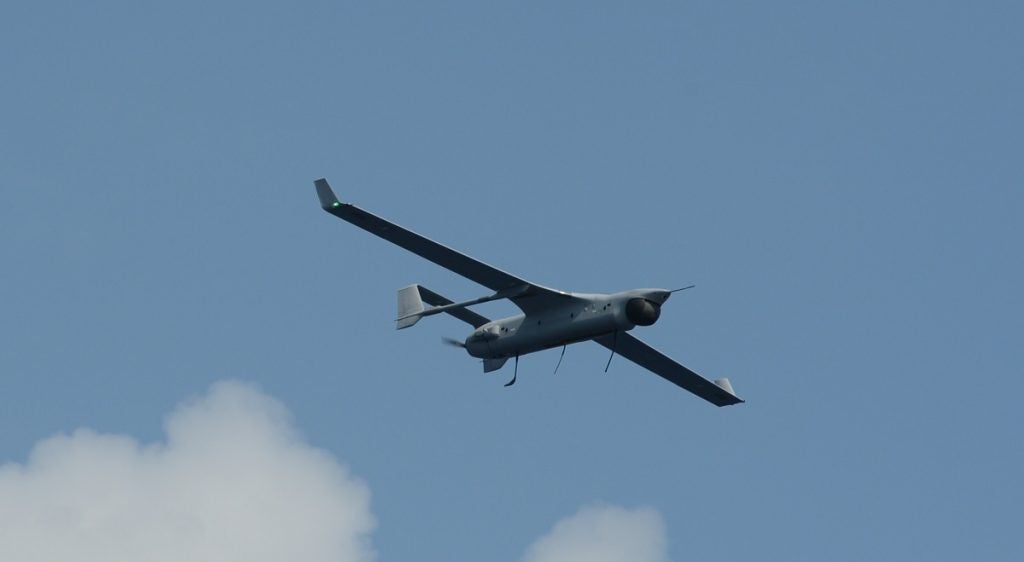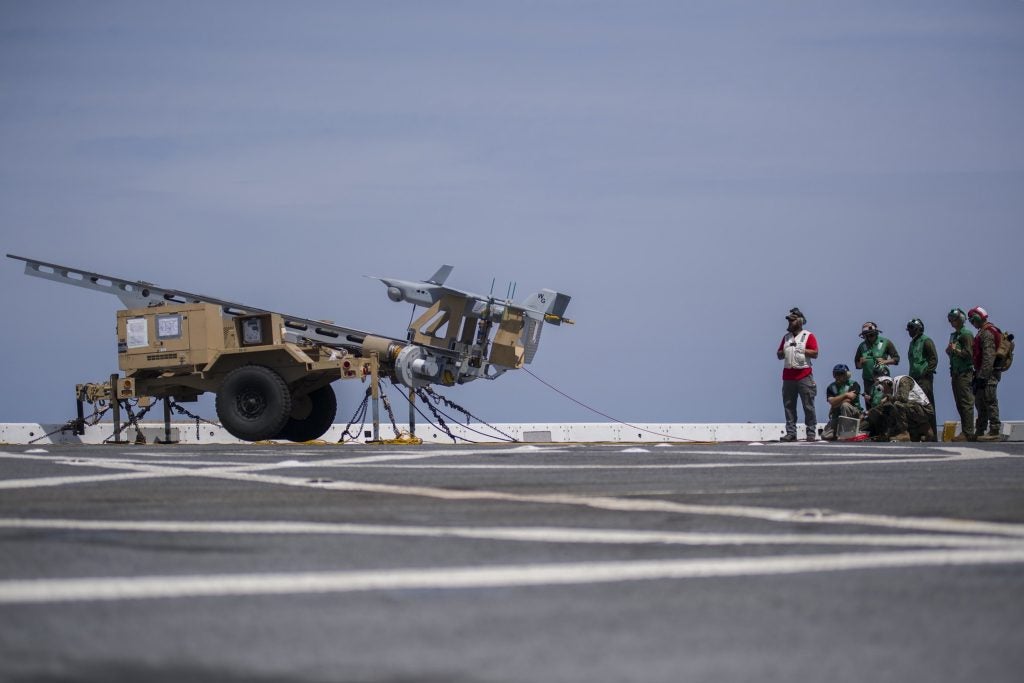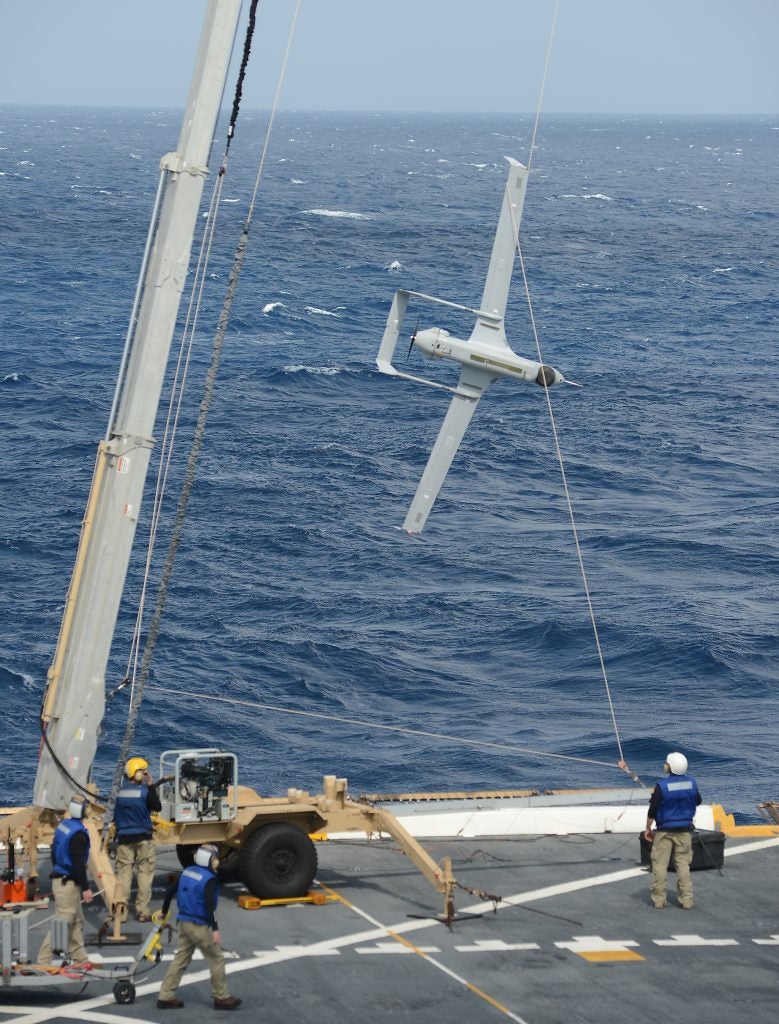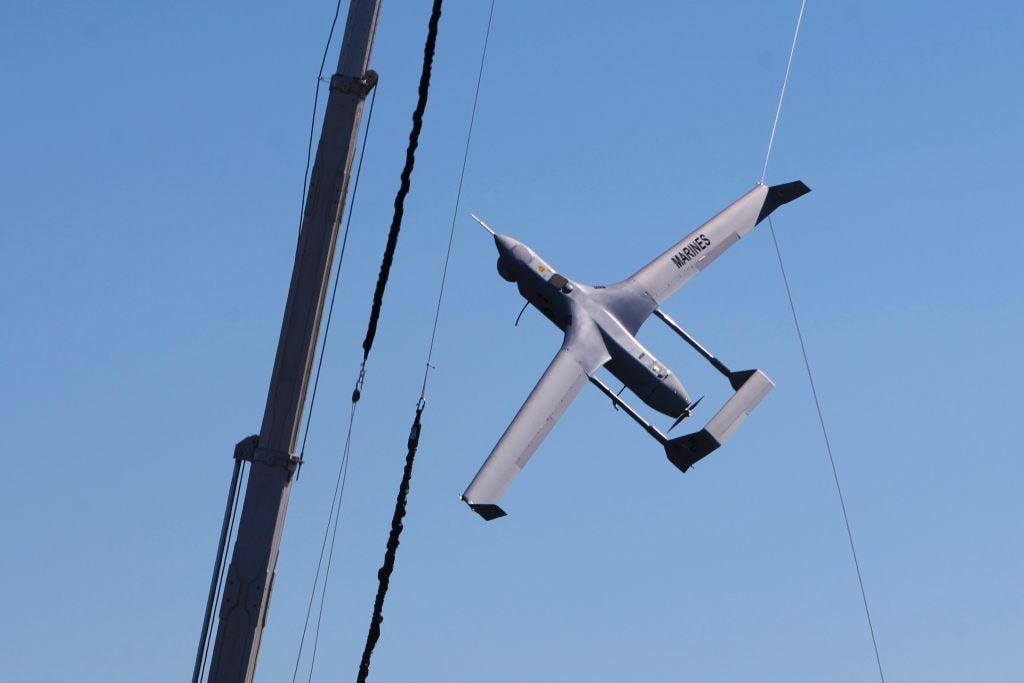Boeing’s Insitu nets big RQ-21 and ScanEagle Contract
The US DoD announced on June 28th that Insitu (a subsidiary of Boeing) was awarded a $390 million contract for both RQ-21A Blackjack and ScanEagle systems. This contract includes both systems for the USN and USMC as well as allied nations. On the US side, the contract includes the option for up to 63 RQ-21A attrition air vehicles and on the allied side includes 6 systems and 17 air vehicles to be split amongst Canada, Poland, and Oman. Additionally, 93 ScanEagles are being procured, though, how many are going to the US or allies is not specified.

It’s important to note the difference between RQ-21A as a system and as an air vehicle. The RQ-21A as a system includes a launch and recovery system, two ground control stations, support material, and 5 air vehicles. In this case, the US side of the contract is strictly for air vehicles to sustain existing systems. The US fleet of RQ-21A systems stands at 29 with the USN holding 15 with the remaining 14 under the USMC. Nominally this puts the US inventory of air vehicles at 145, however, the fact they are described as “attrition” air vehicles hints this number does not remain constant. Reliability for the RQ-21A has been an ongoing issue, in 2015 the Navy released a report on RQ-21A’s performance in trials and it did not look good. The aircraft’s mean flight hours between aborts only reached 30% of the desired level (15.3/50 hours) and the propulsion system required overhauls twice as frequently as expected (every 48.9 instead of 100 hours). Much of this was due to poor standards in manufacturing.

However, it would seem such issues have been mitigated as foreign confidence in the system has remained strong. Canada and Poland, who procured the system in 2016 and 2018 respectively, are buying more systems in the June 28th contract. Oman is buying RQ-21 as well, though whether they operated the system prior to the current contract is unknown. Aviation Week reported in 2014 an “unknown middle eastern customer” had procured 6 Integrator systems (Integrator is the civilian version that RQ-21A was adapted from) yet the identity was never clarified. The only other middle eastern operator is the UAE, who inked a contract for RQ-21A in late May of this year. However, the UAE probably isn’t the unknown customer as their contract went through the DSCA rather than the DoD (unlike Oman). This means they required special justification, which the DSCA elaborated on.
“The Secretary of State has determined and provided detailed justification that an emergency exists that requires the immediate sale to the United Arab Emirates… thereby waiving the Congressional review requirements under Section 36(b) of the Arms Export Control Act, as amended.”
If export had been done previously such special justification wouldn’t be required, thus Oman is likely the “unknown customer” assuming such a customer existed in the first place.


